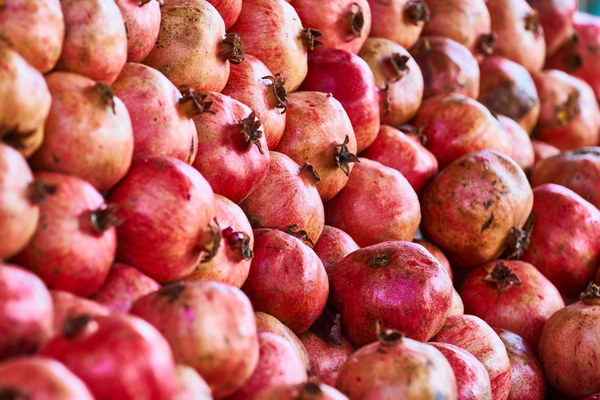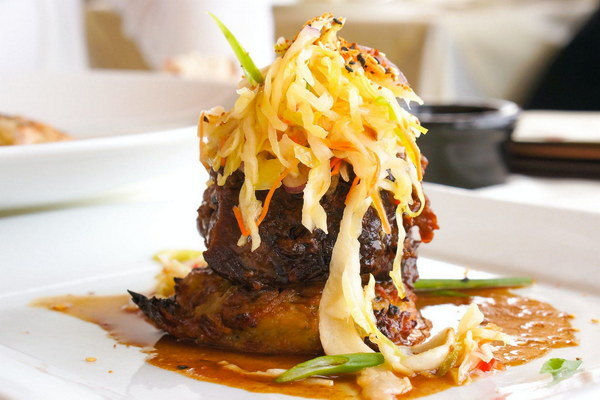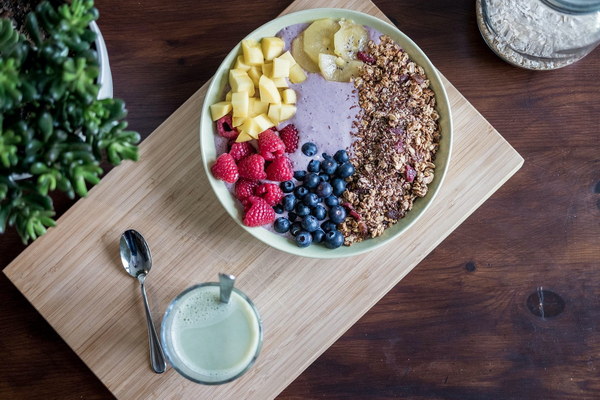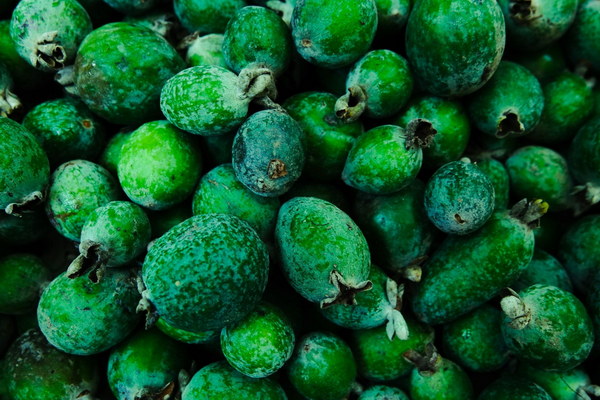Natural Elixir for Esophageal Health Discover the Power of Esophageal Protective Dietetics
In the fast-paced world we live in, our diets are often filled with processed foods, spicy dishes, and beverages that can take a toll on our digestive system, particularly the esophagus. The esophagus is a vital part of our body, responsible for transporting food from the mouth to the stomach. Unfortunately, its delicate lining can be easily damaged, leading to discomfort, pain, and potentially serious health issues. That's where esophageal protective dietetics comes into play. This article will delve into the world of esophageal protective dietetics, offering insights into the foods and practices that can help safeguard your esophagus.
Firstly, it's important to understand the causes of esophageal damage. One of the most common causes is acid reflux, a condition where stomach acid flows back into the esophagus, causing irritation and pain. Other causes include smoking, excessive alcohol consumption, and certain medications. By adopting a diet that is both soothing and nourishing, you can help reduce the risk of esophageal damage.
One of the key components of an esophageal protective diet is the inclusion of alkaline foods. Alkaline foods help neutralize stomach acid, reducing the risk of acid reflux and irritation. Some examples of alkaline foods include bananas, melons, and leafy greens like kale and spinach. These foods are not only beneficial for the esophagus but also offer a wide range of vitamins, minerals, and antioxidants.
Another important aspect of an esophageal protective diet is the avoidance of acidic and spicy foods. These types of foods can exacerbate symptoms of acid reflux and lead to further damage of the esophagus. Common culprits include tomatoes, citrus fruits, onions, garlic, and hot peppers. Instead, opt for mild, soothing foods such as cooked vegetables, rice, and pasta.
Hydration is also crucial for esophageal health. Drinking plenty of water throughout the day helps keep the esophagus lubricated and reduces the risk of irritation. It's important to avoid drinking alcohol and caffeine, as these beverages can exacerbate acid reflux and irritation. Instead, opt for herbal teas, water, or coconut water.
In addition to dietary changes, incorporating certain practices into your daily routine can also help protect your esophagus. For instance, eating slowly and chewing thoroughly can reduce the risk of food particles irritating the esophagus. It's also important to avoid lying down immediately after eating, as this can increase the likelihood of acid reflux. Waiting at least two to three hours before lying down can help reduce symptoms.

Furthermore, managing stress is an essential component of esophageal health. Stress can trigger acid reflux and exacerbate symptoms. Finding healthy ways to manage stress, such as exercise, meditation, and deep breathing techniques, can help reduce the risk of esophageal damage.
In conclusion, an esophageal protective diet is a vital tool for safeguarding your esophagus and reducing the risk of discomfort and pain. By incorporating alkaline foods, avoiding acidic and spicy foods, staying hydrated, and adopting healthy practices, you can help protect your esophagus and enjoy better overall health. Remember, it's never too late to make changes to your diet and lifestyle, so start today and take control of your esophageal health.
Incorporating the following tips into your daily routine can help you achieve an esophageal protective diet:
1. Eat smaller, more frequent meals to reduce the risk of overeating and acid reflux.
2. Avoid eating late at night, as this can increase the likelihood of acid reflux while you sleep.
3. Cook your vegetables, as raw vegetables can be more irritating to the esophagus.
4. Use herbs and spices that are known to reduce acid reflux, such as ginger, turmeric, and chamomile.
5. Practice mindful eating, focusing on the taste, texture, and aroma of your food, rather than eating on the go.
6. Regularly engage in physical activity to manage stress and improve overall health.
7. Consult with a healthcare professional or a registered dietitian for personalized advice on managing your esophageal health through dietetics.
By adopting an esophageal protective diet, you can enjoy a healthier, more comfortable life, free from the discomfort and pain of esophageal issues. Remember, the key is to make sustainable changes that work for you, so take your time to find the right balance and enjoy the journey towards better esophageal health.


![Revamp Your Grooming Routine Discover the Ultimate Men's Fresh and Light Skincare Kit from [Brand Name]](http://img.bluepurple.cn/a/养生/220/Revamp-Your-Grooming-Routine-Discover-the-Ultimate-Mens-Fresh-and-Light-Skincare-Kit-from-Brand-Name.jpg)






